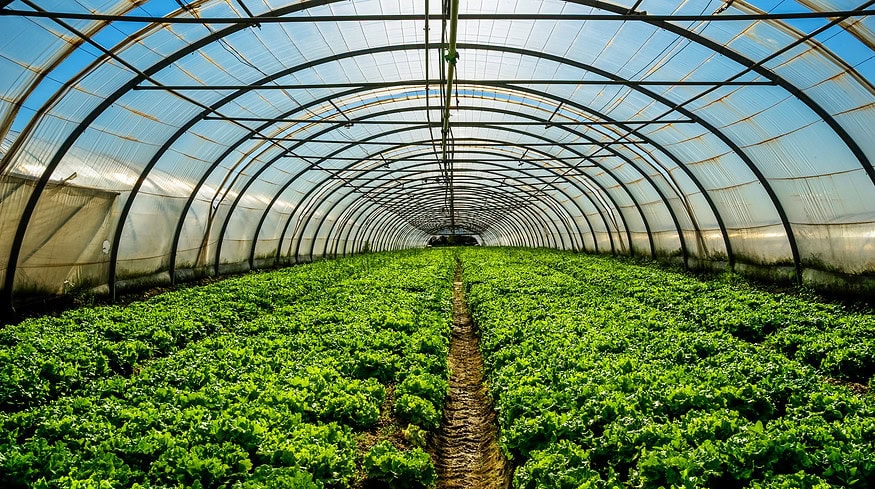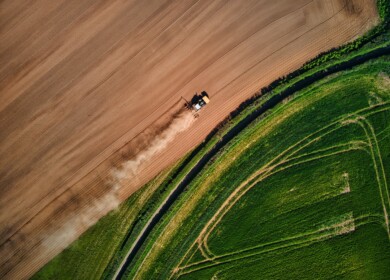Elevated nitrous oxide emissions detected in greenhouse vegetable farms

A recent study by the Institute of Applied Ecology of the Chinese Academy of Sciences has highlighted significant nitrous oxide (N2O) emissions from greenhouse vegetable production systems, known for being a potent greenhouse gas. Conducted in Shouguang, a primary vegetable-producing area in China’s Shandong Province, the research utilized a high-frequency continuous automatic monitoring system to measure soil N2O emissions over a year.
The findings revealed an annual soil N2O emission of approximately 100 kg nitrogen (N) per hectare from these systems, surpassing previous estimates that relied on low-frequency manual sampling and likely underestimated emissions by 8-17%. Notably, furrowed areas of soil, subject to irrigation and fertilization, exhibited significantly higher N2O emissions compared to ridged areas where vegetables were planted.
The study, published in Atmospheric Environment, also noted that irrigation practices triggered multiple N2O emission spikes throughout the growing season, with increases ranging from 12% to 396%. Researchers attribute this surge to the prevalent over-fertilization and frequent irrigation in greenhouse vegetable production systems, which intensify soil nitrification and denitrification processes.
With the rapid expansion of greenhouse vegetable production areas in China, the researchers warn of a consequent rise in N2O emissions, posing a substantial threat to global climate stability. They urge the implementation of improved irrigation and fertilization management techniques to mitigate the escalating N2O emissions from these agricultural practices.
Enjoyed this story?
Every Monday, our subscribers get their hands on a digest of the most trending agriculture news. You can join them too!












Discussion0 comments